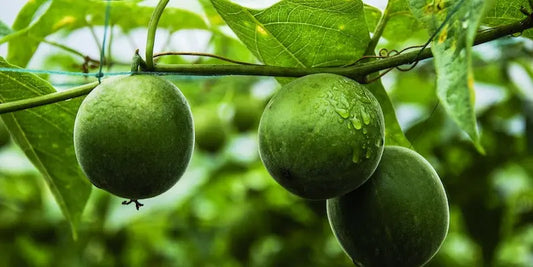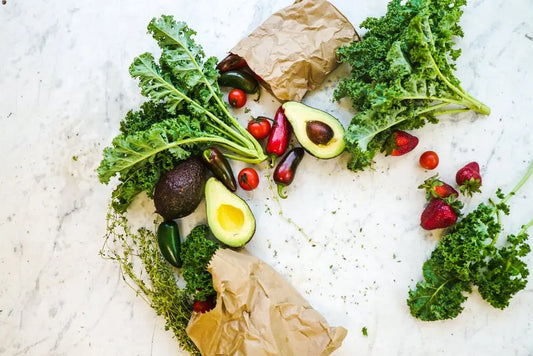Plant Protein vs Whey

The new age debate of plant protein vs whey protein...
Let's talk about why plant based proteins have become so popular and what you need to know when it comes to plant protein vs whey. As we evolve to understand our connection with plants, people are now driven to harness healthy decisions that are eco supportive, yet convenient for our lifestyles. We are amplified to understand available resources around us to obtain the best diet composition of our health. From growing our own food, to shopping the varieties of products at a market, creating mindful decisions use to feel overwhelming.
The conscious decision to meet our goals can be simple, with ancient grains, roots, nuts and seeds; each one supporting and strengthening our connection to the planet. Plants have long been appreciated for their ability to supply our body with extended energy that most of us crave, physically, we absorb more than just their protein. Consuming a variety of plant based proteins can be a fun and exciting journey of what makes us feel abundantly happy, healthy and accomplished.
Plant Protein vs Whey: Phytonutrients
The constant demand and busy schedules of everyday living can be balanced within the proper intake of phytonutrients, also referred to as phytochemicals, which are supplied by a diversity of plants. Phytonutrients are easily accessible and truly supportive for our cellular growth and repair. They are the intercellular communicators for our body, working tirelessly to mitigate and repair damage caused by toxins. Phytochemicals released by plants may also:
+ Strengthen our immunity by lowering inflammation. It is thought that this may help to decrease the timeline of healing for optimal rapid restoration and repair.
+ Keep us balanced physically and emotionally to deal with daily and longer lasting stressors.
+ Bring forth clarity, mental stability and sharp awareness.
Plant protein vs whey: Amnio Acid Profile
Not only do these phytonutrients aid in muscular and tissue repair, but they assist our physical well-being to promote healthy and boosted elimination of metabolic by-products and waste to make room for balanced vitamins, minerals, antioxidants and amino acids. Amino acids come in many forms, including essential, non-essential and then grouped further based on morphology. A highly sought after amino acid supplementation is complete branch amino acids. Complete branch amino acids, like those found in whey protein shake products, are also found in ancient botanicals like quinoa, hemp and chia. In ancient traditions these have been called “warrior foods” as they provide strength, stability and vitality. Consider the healthy and natural choice for protein and amino acid supplementation that are plant based proteins.
Plant Protein vs whey: Nutrition
We have all heard the expression “eat the rainbow” but why is it so important? Let’s look at what adding a diversity of color to your plate both looks like and the benefits.
+ Berries such as the deep-purple acai and bright orange-red goji provide vibrancy to meals, while supporting healthy habits that become life changing physical connections back to our food to re-engage our body to its true potential.
+ Vegetables such as yellow peas, the full rainbow of lentils and of course the massive family of legumes (garbanzos, limas, pintos, black, red kidney) all add vibrancy and a large boost of protein to any meal.
+ Spirulina is a blue-green algae that recently had gained a huge following. The beautiful dark aqua colored powder is packed with protein, amino acids and EPA/DHA fatty acids.
We are all living in a high sensory, high stress world, with little to no time to manage daily tasks, delegating and balancing tasks let alone get proper nutrient supplementation. So with the plant protein vs whey debate, plant powders provide an easy and convenient, on-the-go form of balanced nutrition without compromising your health goals. Many great plant based protein powders can now be found at various health food stores and online.
The plant based protein vs whey battle will continue for years to come. Whey based protein powder is extremely popular and regularly consumed in today’s world; however, the over consumption of whey can cause inflammation to those sensitive to lactose. This isn’t the case with the phytonutrient packed plant-based powders. Supplementing protein from plants is easier than most people think, and it continues to have more benefits. Plants have been around for millions of years, and these days we have such a large and colorful variety to choose from, that is easy, affordable and fun to introduce plant based choices into our daily routines and diet.










